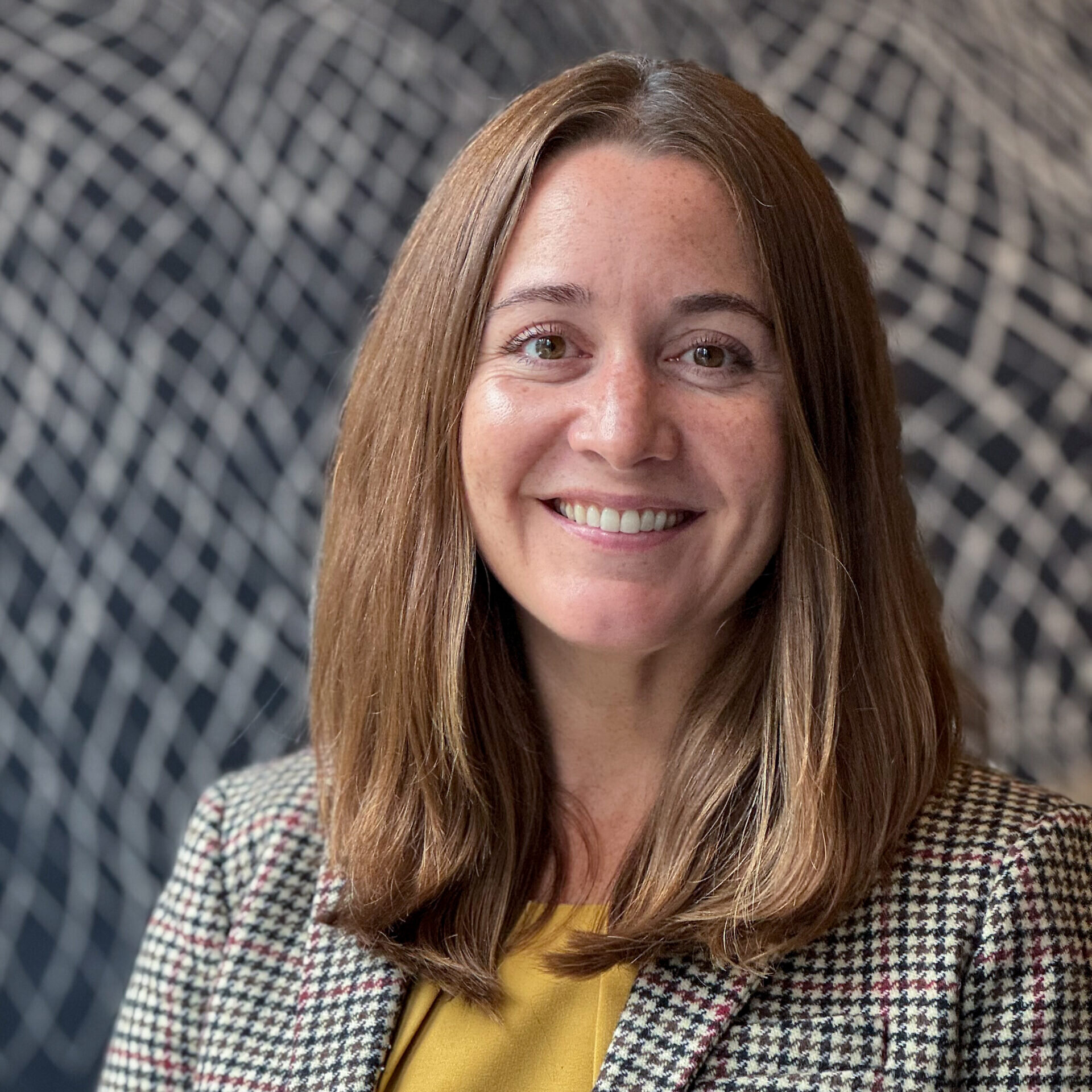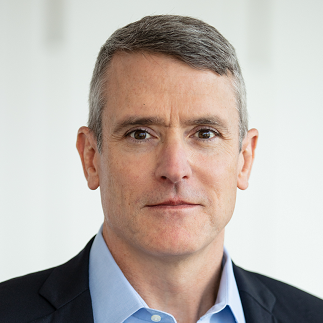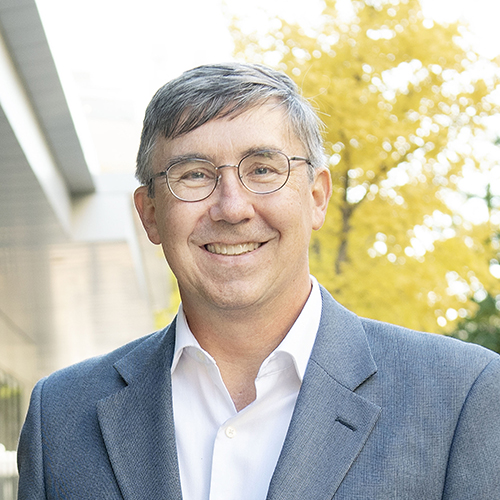The MIT Energy Initiative will hold the Future Energy Systems Center Fall Workshop on September 11, 2025. At the workshop, you will gain insight into the Center’s latest and ongoing research. We will introduce the 10 new projects launched in May 2025 and host a poster session showcasing research that has been underway.
In addition, representatives from member companies are invited to participate in the Center Advisory Committee meeting. We are continually refining this meeting; the goal is for Member companies to share priorities and shape the Center’s next project selection process.
Attendance at the Fall Workshop is restricted to Members of the Future Energy Systems Center and invited members of the MIT Community.
Agenda
| Thursday, September 11 | |
| 8:00-9:00 am ET | Breakfast and registration |
| 9:00-9:30 am ET |
Welcome and Future Energy Systems Center updates
William H. Green, Director, MIT Energy Initiative; Hoyt C. Hottel Professor, MIT Department of Chemical Engineering |
| 9:30-10:15 am ET | Panel presentation |
| 10:15-10:30 am ET | Break |
| 10:30 am-12:15 pm ET |
New Future Energy Systems Center Project Kickoffs Round 1 Moderated by Kate Ahern, Program Manager, Future Energy Systems Center, In person only: Breakout discussions with project teams |
| 12:15-1:15 pm ET | Lunch |
| 1:15-2:15 pm ET |
Future Energy Systems Center Advisory Committee Meeting
Kate Ahern, Program Manager, Future Energy Systems Center, |
| 2:15-3:30 pm ET |
New Future Energy Systems Center Project Kickoffs Round 2 Moderated by Kate Ahern, Program Manager, Future Energy Systems Center, In person only: Breakout discussions with project teams |
| 3:30-4:45 pm ET |
Closing remarks Morgan Andreae, Executive Director, Future Energy Systems Center, MIT Energy Initiative |
About the speakers
Kate Ahern
Program Manager, Future Energy Systems Center, MIT Energy Initiative

Kate Ahern is the Future Energy Systems Center’s program manager. She manages operations for over 40 decarbonization projects, empowering the Center’s 38 member companies to make informed, strategic decisions regarding their own decarbonization efforts. Previously, Kate worked at Harvard Business School, managing Professor Michael Porter’s Microeconomics of Competitiveness (MOC) Network and disseminating Professor Porter’s Creating Shared Value (CSV) concept through Harvard Business School MBA and Executive Education courses.
She has gained valuable experience working with an environmental consulting firm in D.C. and Cleantech Open Northeast, as well as the Department of Justice and a private law firm in D.C. Kate graduated from American University with a B.A. in Interdisciplinary Studies: Communications, Legal Institutions, Economics, and Government (CLEG) and received her Master’s degree in Sustainability and Environmental Management from the Harvard Extension School.
Morgan Andreae
Executive Director, Future Energy Systems Center, MIT Energy Initiative

Morgan Andreae is the executive director of MITEI’s Future Energy Systems Center. Prior to joining MITEI, Andreae was the executive director of technology and innovation at Cummins where he led teams in the development of new battery, fuel cell, electrolyzer, and electric traction technologies. Over the course of his career Andreae has held a variety of roles in technology development, strategy, and product development, with a consistent focus on bringing more sustainable technology to market. Andreae holds over 25 patents on diesel, hybrid-electric, and electric powertrain technology. He has a PhD in mechanical engineering from MIT, a Masters and Bachelors in engineering from Dartmouth College, and a Bachelors in history from Haverford College.
William H. Green
Director, MIT Energy Initiative; Hoyt C. Hottel Professor, MIT Department of Chemical Engineering

William H. Green, the Hoyt C. Hottel Professor at MIT, is a world leader in chemical kinetics, reaction engineering, prediction of chemical reactions and properties, and in development of related software. He has led many combined experimental/modeling research projects related to fuels, combustion, pyrolysis, and oxidative stability, and he invented an instrument to directly measure rate coefficients for multi-channel reactions. He developed computer methods to predict the behavior of complicated reacting mixtures, many of which are included in the open source Reaction Mechanism Generator software package, a type of AI expert system for reactive chemistry. The associated popular website rmg.mit.edu includes estimators for many chemical properties and several databases. Green co-invented several algorithms and numerical methods helpful for handling complicated chemical kinetics. His group has also developed machine-learning methods and software (ASKCOS and Chemprop) for accurately predicting the products of organic reactions and for predicting many chemical and reaction properties. Chemprop, whose recent versions were developed primarily by Green’s research group, is currently the most popular open-source chemistry software on GitHub. It is heavily used by the pharmaceutical industry, to predict the properties of proposed new drug molecules. Green also invents and analyzes technologies to reduce greenhouse gas emissions, particularly in the transportation/fuel sector. Two of his greenhouse-gas reduction inventions are now being commercialized, one by Thiozen, a company he co-founded. Recently he has been developing and analyzing technology options for decarbonizing the freight sector, with a special interest in long-haul trucking.
Green earned his BA from Swarthmore College, and his PhD in physical chemistry from the University of California at Berkeley under the supervision of C. Bradley Moore. After postdocs at Cambridge University with Nicholas Handy and at the University of Pennsylvania with Marsha Lester, he worked for Exxon Research & Engineering for six years before joining the Chemical Engineering faculty at MIT in 1997. Green has co-authored more than 350 journal articles, which have been cited more than 23,000 times. He is a fellow of the AAAS and of the Combustion Institute, and has received the American Chemical Society’s Glenn Award in Energy & Fuel Chemistry and the AIChE’s Wilhelm Award in Reaction Engineering. He convened and organized the International Conference on Chemical Kinetics in 2011, and now serves as treasurer of that conference series. More than 20 of his former graduate or postdoctoral students are now tenured or tenure-track faculty. He previously served as the editor of the International Journal of Chemical Kinetics, as the faculty chair of MIT’s Mobility of the Future project, and as the executive officer of the MIT Department of Chemical Engineering. He was appointed director of the MIT Energy Initiative in Spring 2024.